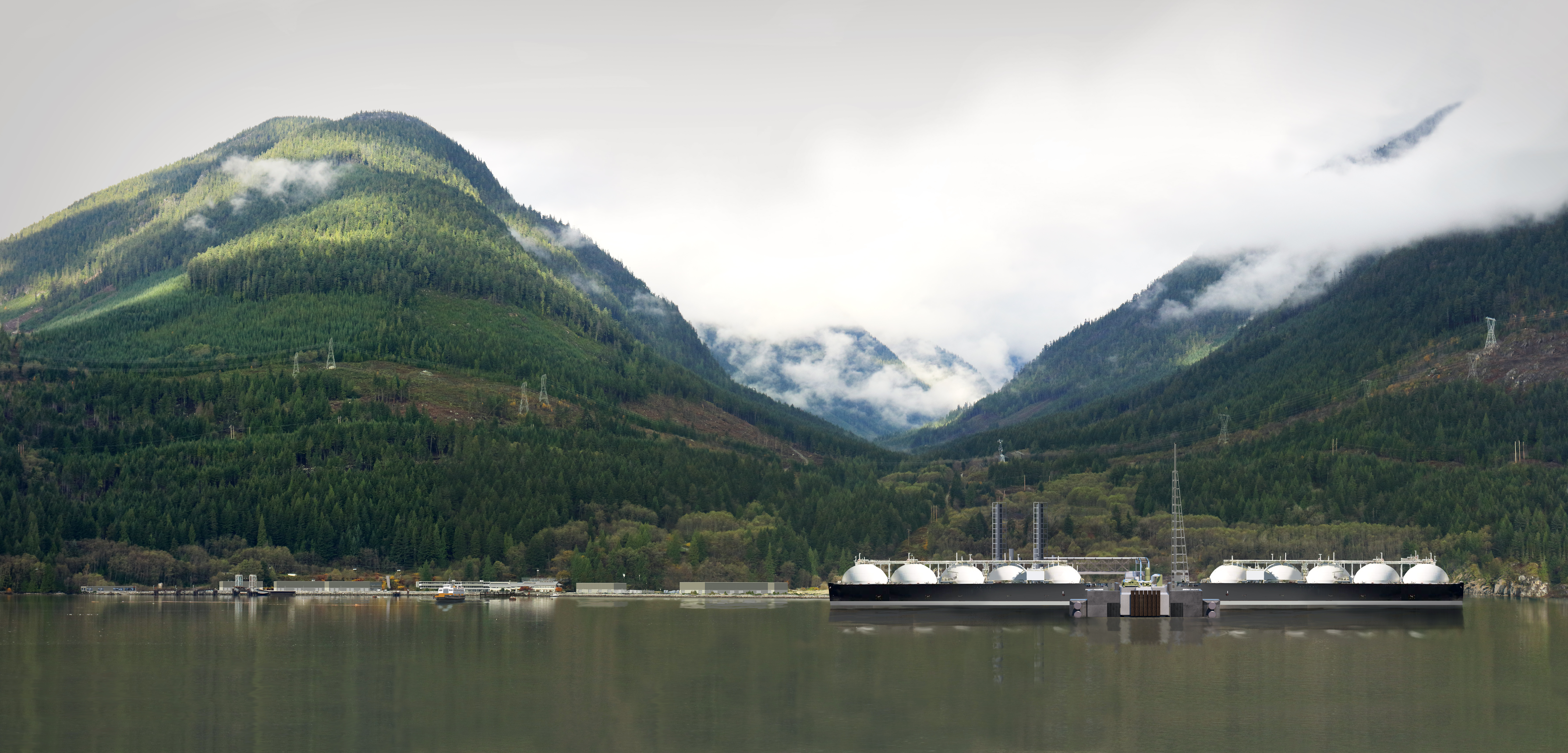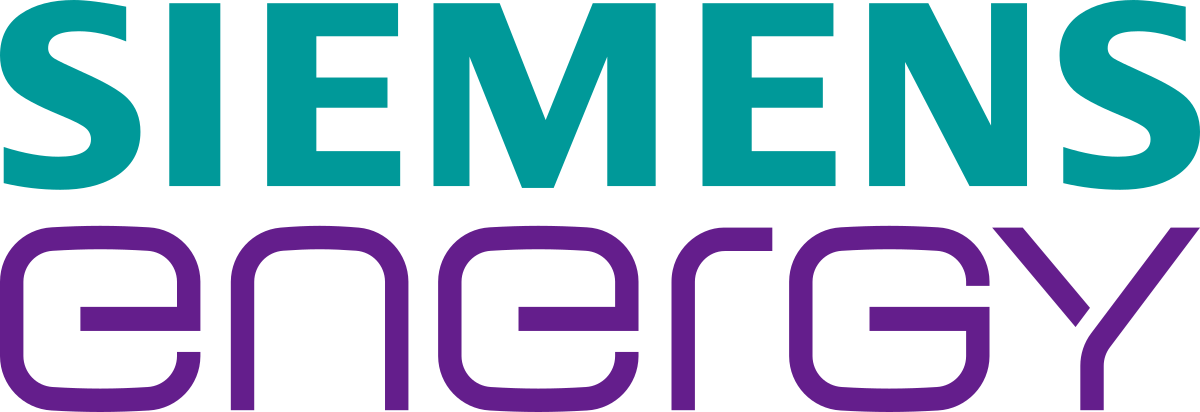Pioneering solutions for a sustainable tomorrow
Standing at the crossroads of innovation and tradition, the energy sector faces a monumental challenge: achieving a sustainable, affordable, and secure energy supply. This journey entails a shift towards renewable energy sources and a comprehensive enhancement of energy efficiency and sustainability across all facets of consumption and production.
As global electricity demand surges, the significance of strategic energy solutions, including the role of liquefied natural gas (LNG) as a transitional bridge fuel, becomes increasingly evident for enhancing energy security and supporting the shift towards more sustainable energy systems. While inheriting the pros and cons of natural gas, LNG stands out for its capacity to diversify energy supplies and offer a more adaptable energy option, aligning well with the fluctuating nature of renewable energy sources. Recognising LNG as a crucial, albeit temporary, element in the broader energy transition framework enables us to tap into its advantages for energy security and adaptability while diminishing fossil fuel reliance in our energy portfolio.
Gastech 2024 is a pivotal platform amid this transformative landscape. The event’s focus on the necessity of a changed attitude towards energy consumption and the significant investments required for a decarbonised global energy system sets the stage for a crucial discussion on the future of energy. It is a platform where everyone – from industry leaders to policymakers and innovators – can engage in these discussions.
Siemens Energy’s commitment to sustainability is evident in its focus on decarbonising energy systems. The company is a pioneer in developing and deploying technologies for hydrogen production, a clean fuel that holds promise for reducing emissions in various sectors, including transportation and heavy industry. Additionally, Siemens Energy is actively involved in projects to increase renewables' share in the energy mix, improve grid stability, and promote energy efficiency.
Decarbonisation: pioneering with advanced innovations
Siemens Energy is at the forefront of developing and deploying innovative technologies to reduce carbon emissions across various sectors, including power generation, industrial processes, and transportation. A key component of this commitment is the company’s portfolio of highly efficient gas turbines. These turbines can run on a mix of hydrogen and natural gas today and are also being designed with the future in mind. Siemens Energy is working towards ensuring that many of its turbines will be 100% hydrogen-capable across various performance classes by 2030. This dual capability significantly lowers CO2emissions from power plants.
Additionally, Siemens Energy is pioneering in electrolysis, offering solutions like the Elyzer product line that produces green hydrogen through water electrolysis powered by renewable energy. This hydrogen can then be used as a clean fuel in various industries, including chemical production and transportation, or for energy storage, further contributing to the decarbonisation of the energy sector. Furthermore, the company’s advancements in grid technology support the integration of renewable energy sources into the electrical grid, enhancing the reliability and efficiency of power supply while facilitating a reduction in reliance on fossil fuels.
Powering a cleaner future
Electrification is indispensable in achieving a sustainable energy mix, as it facilitates the integration of renewable energy sources, decreases carbon emissions, and enhances energy efficiency across various sectors. Siemens Energy recognises this and focuses on innovative solutions and projects that promote the use of renewable sources of electricity. This not only aids in decarbonising the energy sector but also supports global efforts to combat climate change. Through its commitment to advancing electrification, Siemens Energy is contributing to a more sustainable energy landscape and helping shape a future where energy is clean, dependable, and accessible to all.
One notable example of Siemens Energy’s commitment to building a more sustainable energy landscape is its involvement in developing offshore wind projects. These projects harness the power of wind energy from the sea, converting it into electricity and transporting it to shore, where it can be distributed through the grid. Offshore wind farms equipped with wind turbines and grid connection technologies significantly reduce carbon emissions by displacing fossil fuel-based electricity generation.
LNG: a bridge to a sustainable energy future
LNG plays a pivotal role in the global energy transition, bridging the current reliance on fossil fuels and the future dominance of renewable energy sources. As a cleaner burning fossil fuel, LNG reduces CO2 emissions compared to coal and oil, making it an essential component in the mix of energy sources required to meet increasing global energy demands while achieving environmental goals.

LNG can replace more carbon-intensive fuels and transportation, emerging as a viable option for ships and heavy-duty vehicles. Moreover, LNG's versatility and global transportability support energy security and provide a reliable energy supply to regions without access to pipeline gas, facilitating a smoother transition towards a more sustainable and low-carbon energy system.
Advanced gas turbine and compression technologies are integral to the liquefaction process, enabling more energy-efficient and cost-effective LNG production. Siemens Energy's solutions, including electric motor drives and highly efficient compressors, are designed to minimise energy consumption and reduce greenhouse gas emissions across the LNG value chain. Furthermore, the company is developing digitalisation and automation technologies that optimise LNG plant operations, ensuring more reliable and flexible production processes.
A prime example of Siemens Energy's contributions to the LNG industry is the Woodfibre LNG project in British Columbia, Canada. This project is set to become one of the world's cleanest LNG export facilities. Siemens Energy is supplying the Woodfibre LNG project with electric motor-driven compression trains for the liquefaction process, helping minimise the carbon footprint of LNG production. The project exemplifies how Siemens Energy's technological innovations and efficiency improvements make LNG a more sustainable option in the global energy mix, aligning with broader environmental objectives and facilitating the transition towards a lower-carbon energy future.
 Woodfibre LNG project. Image courtesy of Woodfibre LNG.
Woodfibre LNG project. Image courtesy of Woodfibre LNG.
Looking ahead
Gastech 2024 is a pivotal forum for engaging with industry leaders, policymakers, and innovators, all converging with a common goal: to chart the course of the global energy transition.
Energy Connects includes information by a variety of sources, such as contributing experts, external journalists and comments from attendees of our events, which may contain personal opinion of others. All opinions expressed are solely the views of the author(s) and do not necessarily reflect the opinions of Energy Connects, dmg events, its parent company DMGT or any affiliates of the same.






